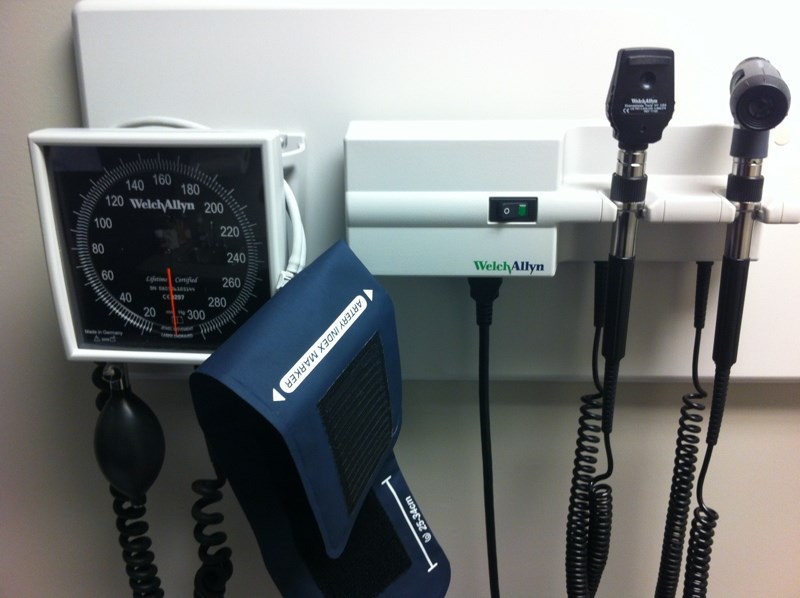British Columbians who have had open-chest surgery in the past five years are being notified about a rare infection linked to a machine used to warm and cool blood during operations.
The Provincial Health Services Authority says the risk of anyone developing the infection is extremely low and no cases have been identified in B.C.
But, as a precaution, Cardiac Services B.C. and the province’s cardiac centres, including Royal Jubilee Hospital in Victoria, are sending notifications to about 21,000 adult and child patients who have had heart, heart-transplant or lung-transplant surgery since Jan. 1, 2011.
The health authority said 3,870 patients will receive letters on Vancouver Island.
The other cardiac centres are Vancouver General Hospital, St. Paul’s Hospital in Vancouver, Royal Columbian Hospital in New Westminster, Kelowna General Hospital, and B.C. Children’s Hospital in Vancouver.
“The risk in general is extremely low — even lower than a routine wound infection that you would expect as an accepted risk for cardiac surgery,” said Dr. Linda Hoang, a medical microbiologist at the B.C. Centre for Disease Control.
“And, of course, the risk of infection is way, way lower than the risk of dying if a patient was not to have a cardiac surgery.”
Health Canada first issued an advisory Oct. 21 following international reports of infections caused by a type of bacteria known as Mycobacterium chimaera which was traced to the water tank in a heater-cooler machine.
There have been two confirmed cases in Canada, both in Quebec.
“People might have heard that there’s some sort of communication going out in other provinces,” Hoang said.
“We want our patients to be aware that, yes, we are aware of this, we have reviewed this, put mitigation strategies [and] we don’t have any cases.”
Patients who have a combination of extreme fatigue, weight loss, shortness of breath or unexplained fever or chills should see their doctor, although the health authority cautions that those symptoms can also be signs of many common illnesses.
If patients have questions, they are asked to call HealthLink BC at 8-1-1. The medical-advice service is available around the clock in 130 languages.



